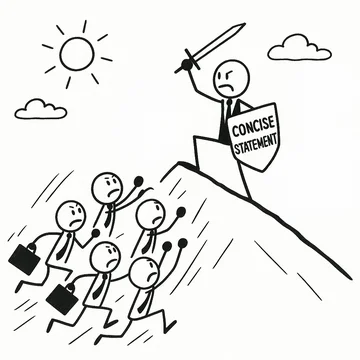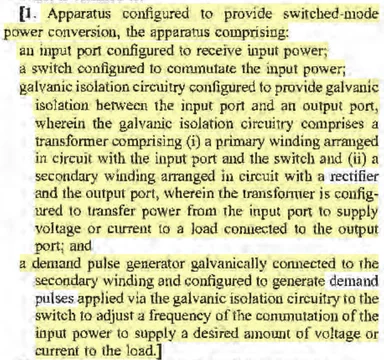
We talked early last year about how Judge Noreika praised Chief Judge Connolly SJ ranking procedures, and applied them in a case where the parties had filed 11 SJ motions.
As a reminder, under Chief Judge Connolly's procedures, the parties rank their SJ and Daubert motions. The Court addresses them in order, and if it denies one, it then denies the remainder.
Needless to say, it can lead to some significant strategizing prior to filing, where parties try to balance the importance of each motion with its likelihood of success.
This week, Judge Noreika did it again, and I thought it was a good time to remind everyone that this can happen. In VB Assets, LLC v. Amazon.com, Inc., C.A. No. 19-1410-MN (D. Del. May 23, 2023), defendants filed two SJ motions—one on invalidity, and one on non-infringement—and the motions contained a total of eight grounds.
In response, Judge Noreika issued an order that exactly mirrors the one we discussed last time, right down to admonishing the defendant that they are unlikely to win this many motions:
It strains credulity to believe that there is not a single genuine issue of material fact in any of the at least eight grounds raised in Defendants’ motions.
The Court again ordered the defendant to file a letter ranking its motions, and stated that if the first motion is denied, all subsequent motions will be denied.
How did it go for the parties last time? Not well.
Checking back in on the case we wrote about last time, the parties followed the Court's order and ranked the grounds for their summary judgment motions.
Plaintiff won the first ground, a minor issue that was apparently undisputed about whether one prior art reference was incorporated into another, and then lost their second ground, whether that reference was public. The Court then denied all of their subsequent grounds.
Defendant fared a little better. The Court denied their first ground, non-infringement based on a claim construction, as premature because the Court had not yet construed the claim.
Notably, because the first one was denied as premature, the Court gave them another shot:
Having denied Defendants’ first ground as premature (pending any claim construction ruling) rather than on the substance, the Court will address Defendants’ second ranked ground: no willfulness.
The Court denied that motion but found it to be a "close call," and hinted that the plaintiff may be wasting its time:
Dali may use its limited trial time pursing its allegations of willfulness should it choose to do so. The question of whether willfulness, even if found, would result in enhancement of damages is, of course, different and one for the Court to decide.
It was a loss, but at least they got something. The Court then declined to address any further grounds.
So yeah - the Judge Noreika is serious about her ranking procedure! Keep that in mind before you file for summary judgment on a high number of grounds.
If you enjoyed this post, consider subscribing to receive free e-mail updates about new posts.




